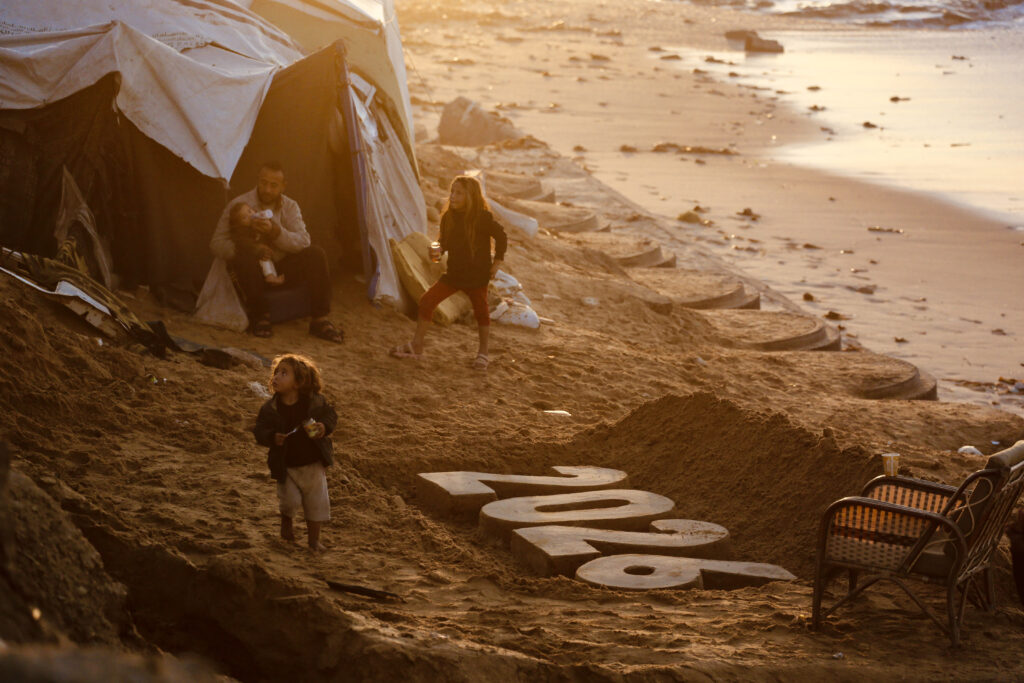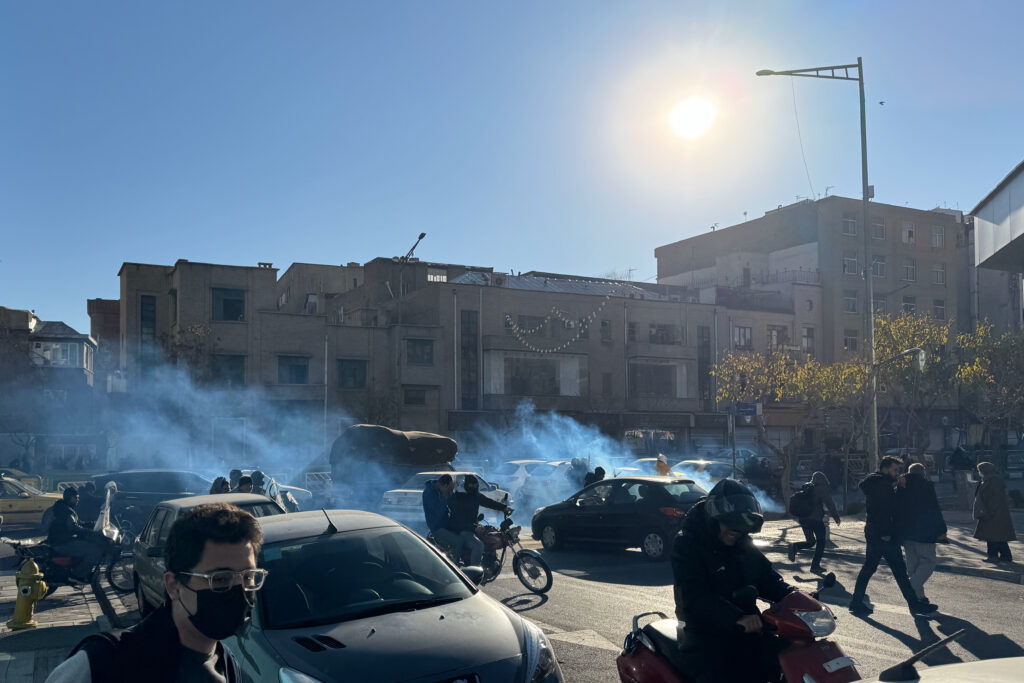Hoping for better year ahead, Gazans bid farewell to ‘nightmare’ of 2025
As 2025 draws to a close, Palestinians in Gaza are marking the new year not with celebration, but with exhaustion, grief and a fragile hope that their “endless nightmare” might finally end.For residents of the battered territory, daily life is a struggle for survival.Much of Gaza’s infrastructure lies in ruins, electricity remains scarce and hundreds of thousands of people live in makeshift tents after being repeatedly displaced by the two years of fighting that began with Hamas’s attack on Israel in October 2023.”We in the Gaza Strip are living in an endless nightmare,” said Hanaa Abu Amra, a displaced woman in her thirties living in Gaza City.”We hope that this nightmare will end in 2026 …The least we can ask for is a normal life– to see electricity restored, the streets return to normal and to walk without tents lining the roads,” she said.Across Gaza, a territory of more than two million people, scenes of hardship are commonplace.Children queue with plastic containers to collect water, while rows of tents stretch across streets and open spaces, sheltering families who have lost their homes.What were once bustling neighbourhoods now bear the scars of bombardment, with daily activity reduced to the bare essentials.For many, the end of the year is a moment to mourn as much as to hope.In Gaza City, a teenager painted “2026” on his tent, while an AFP journalist observed a local artist sculpting the same in sand in Deir el-Balah, in central Gaza. The outgoing year brought relentless loss and fear, said Shireen Al-Kayali.”We bid farewell to 2025 with deep sorrow and grief,” she said.”We lost a lot of people and our possessions. We lived a difficult and harsh life, displaced from one city to another, under bombardment and in terror.”- Hope for 2026 -Her experience reflects that of countless Gazans who have been forced to flee repeatedly, often with little warning, taking with them only what they could carry.Entire families have been uprooted, livelihoods destroyed, and communities fragmented as the war dragged on for two years.Despite the devastation, some residents cling to the belief that the new year might bring an end to the fighting and a chance to rebuild.For many Gazans, hope has become an act of resilience, particularly after the truce that came into effect on October 10 and has largely halted the fighting.”We still hope for a better life in the new year, and I call on the free world to help our oppressed people so we can regain our lives,” said Khaled Abdel Majid, 50, who lives in a tent in Jabalia camp.Faten al-Hindawi hoped the truce would finally end the war.”We will bid farewell to 2025, leaving behind its pain, and we hope that 2026 will be a year of hope, prayer, determination and success stories.”Such hopes are shared widely across Gaza, even as conditions on the ground remain dire.Humanitarian agencies have warned that shortages of food, clean water and medical supplies persist, while winter conditions are worsening life in overcrowded displacement camps. Amid the rubble and the tents, many Gazans say their aspirations are modest: safety, stability and dignity.”I hope the reconstruction of Gaza begins in 2026. Gaza was beautiful, and we hope it returns to being beautiful again.”



